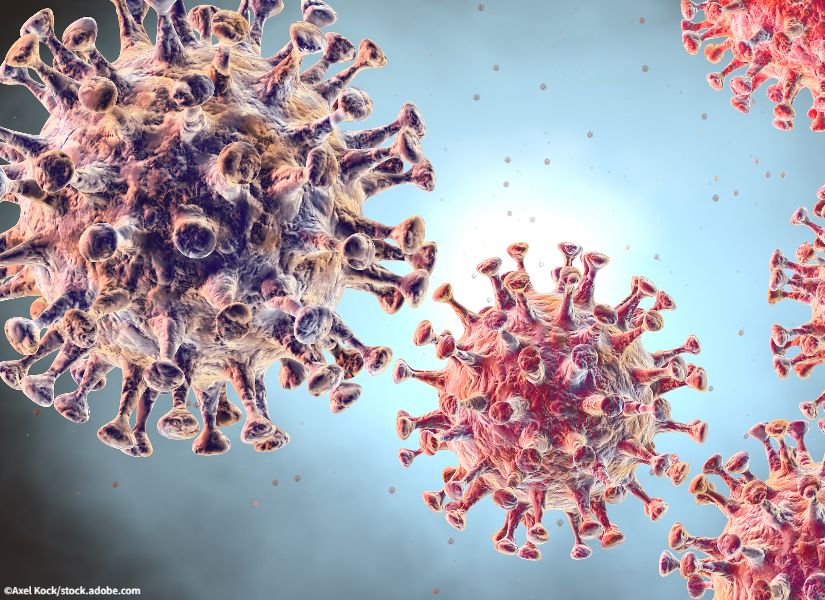
- Clinical Technology
- Adult Immunization
- Hepatology
- Pediatric Immunization
- Screening
- Psychiatry
- Allergy
- Women's Health
- Cardiology
- Pediatrics
- Dermatology
- Endocrinology
- Pain Management
- Gastroenterology
- Infectious Disease
- Obesity Medicine
- Rheumatology
- Nephrology
- Neurology
- Pulmonology
How to Avoid Exposure if Caring for a Patient with Coronavirus
Physicians may know how patients can reduce their risk of exposure to coronavirus, but what about their own risk? These CDC-recommended steps offer guidance.
Physicians are on the front lines of caring for patients with confirmed or possible 2019-nCoV infection, so how can they minimize their own risk?

As of February 10, 2020, the US Centers for Disease Control and Prevention (CDC) confirmed another case of 2019 novel coronavirus (2019-nCoV), bringing the total number of cases in the US to 13. The World Health Organization reported February 10, 2020 that there were 40 554 confirmed cases globally and 40 235 confirmed cases and 909 deaths in China.
The rising number of confirmed cases and deaths coupled with recent reports of the novel virus being spread person-to-person, highlights the need for physicians to minimize their own risk of exposure when potentially caring for patients with 2019-nCoV.
Based on information that is currently available about 2019-nCoV and other coronaviruses, spread of infection usually occurs from person-to-person via respiratory droplets among close contacts.
Close contact can occur if a physician is within approximately 6 feet of an infected patient for an extended period or if they have direct contact with infectious secretions from an infected patient.
If close contact does occur and physicians are not wearing all recommended personal protective equipment (PPE), they are at risk for infection.
Steps to ensure personal protection
Physicians caring for patients with confirmed or possible 2019-nCoV should adhere to the following CDC recommendations for infection prevention and control (IPC):
- Assess and triage these patients with acute respiratory symptoms and risk factors for 2019-nCoV to minimize chances of exposure, including placing a facemask on the patient and isolating them in an Airborne Infection Isolation Room (AIIR), if available
- Use standard precautions, contact precautions, airborne precautions, and eye protection
- Perform hand hygiene with alcohol-based hand rub before and after all patient contact, contact with potentially infectious material, and before putting on and upon removal of PPE, including gloves. Use soap and water if hands are visibly soiled
- Practice how to properly don, use, and remove PPE in a manner to prevent self-contamination
- Perform aerosol-generating procedures, including collection of diagnostic respiratory specimens, in an AIIR, while following appropriate IPC practices, including use of appropriate PPE
The CDC also recommends routine cleaning and disinfection of clinic areas in which aerosol-generating procedures are performed. Products with US Environmental Protection Agency-approved emerging viral pathogens claims are recommended for use by the CDC.
Physicians should contact their supervisor or occupational health immediately if they have an unprotected exposure to a confirmed or possible 2019-nCoV patient.
Stay in touch with Patient Care® Online:
→Subscribe to ourNewsletter →Like us on Facebook →Follow us on Twitter →Write or Blog for Patient Care® Online →Follow us on LinkedIn
2 Commerce Drive
Cranbury, NJ 08512
All rights reserved.